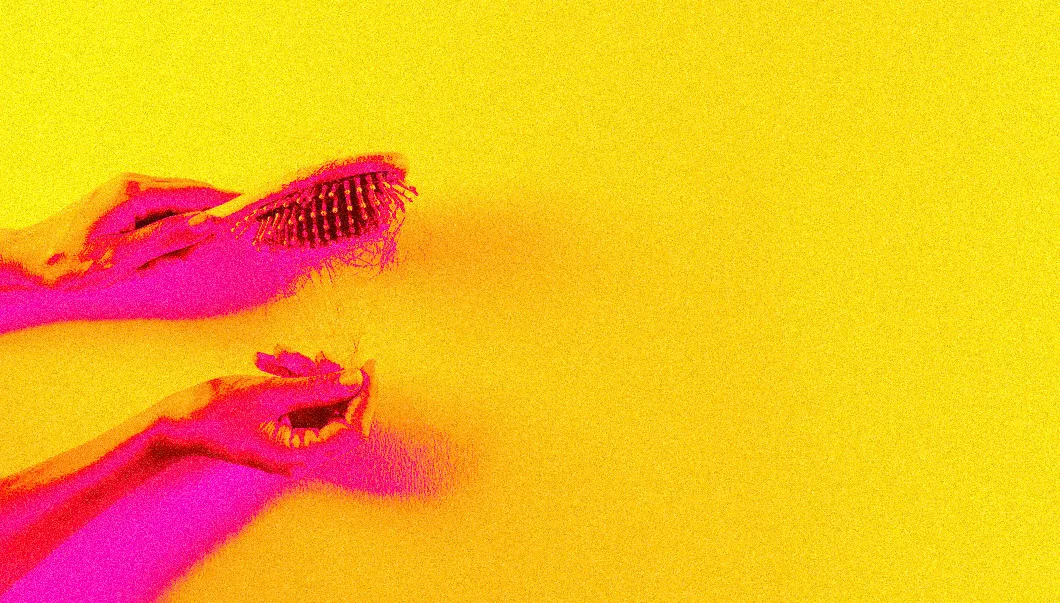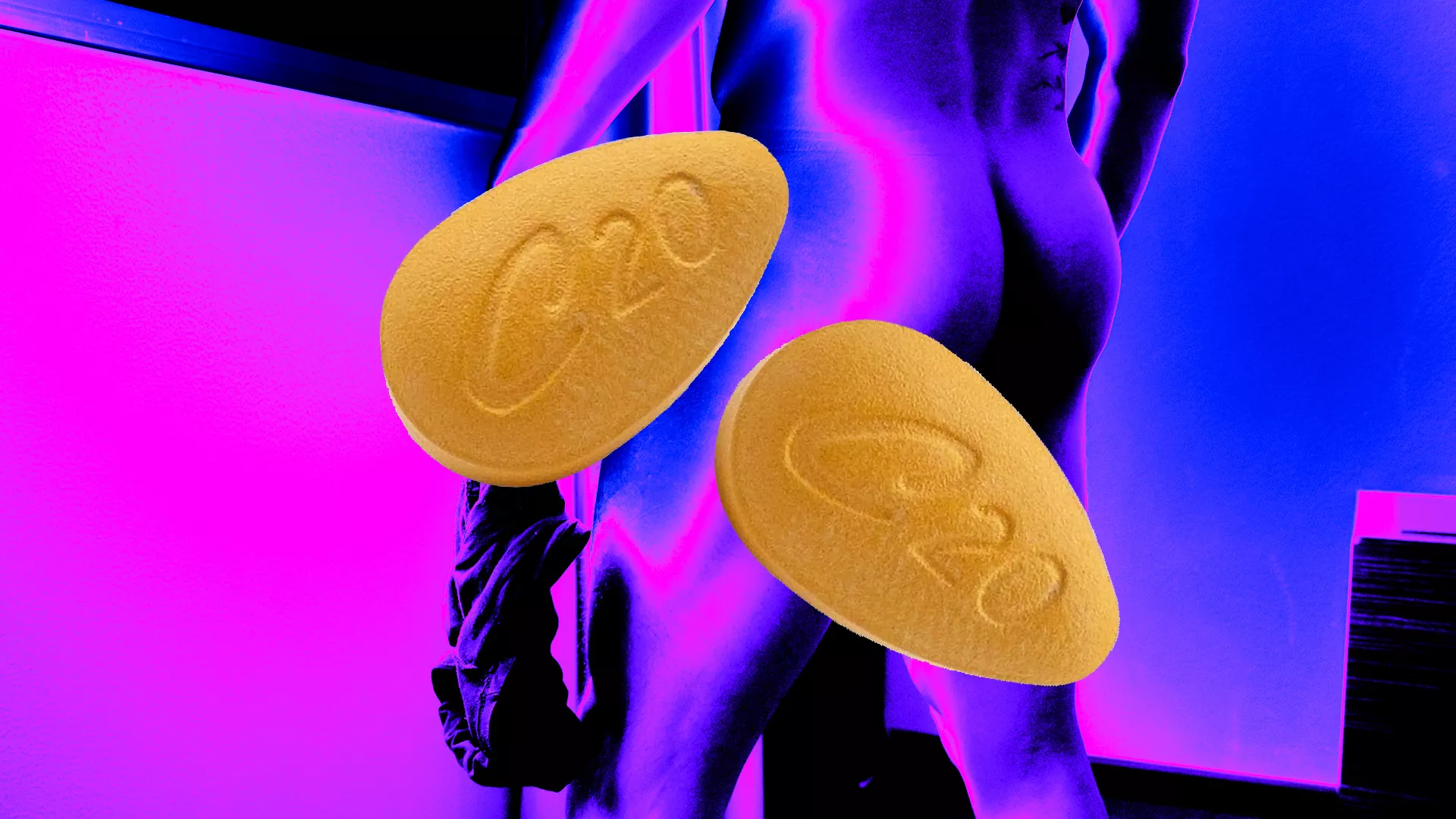20 FAQs on Testosterone Replacement Therapy for Men by TRT Specialists
5765
We understand that Testosterone Replacement Therapy (TRT) has its share of questions. Our specialists have answered the 20 most commonly questions

20 FAQS on Testosterone Replacement Therapy for Men by TRT Specialists
For those considering getting testosterone therapy in Thailand, always consult with a healthcare professional to determine the best treatment plan for your needs.
Contact us at info.bkk@pulse-clinic.com or chat on your preferred platform:
![]() +66 65 237 1936
+66 65 237 1936  @PULSEClinic
@PULSEClinic ![]() PulseClinic
PulseClinic
Testosterone Replacement Therapy (TRT) is a medical treatment aimed at boosting testosterone levels in men with low testosterone.
Low testosterone, or hypogonadism, can lead to various physical and emotional symptoms, including reduced muscle mass, weakened bones, increased body fat, fatigue, diminished libido, erectile dysfunction, and changes in sleep patterns. Emotionally, men with low testosterone may experience decreased motivation, irritability, and even depression. A proper diagnosis by a healthcare professional is crucial, as other medical conditions can also cause these symptoms. Several factors can contribute to low testosterone levels, including age, with testosterone naturally declining, especially after age 30. Medical conditions such as hypogonadism, obesity, diabetes, and hormonal disorders can also decrease testosterone production. Lifestyle factors like poor diet, lack of exercise, chronic stress, substance abuse, and certain medications or treatments like chemotherapy can also play a role in lowering testosterone levels.
We understand that testosterone therapy (TRT) has its share of questions. Our specialists have answered the 20 most common questions about TRT to empower you with knowledge.
- Symptoms of Low Testosterone
- Post-Cylce Therapy (PCT) for Testosterone Users
- Anabolic Steriod Withdrawl Symptoms
Q1: I’m turning 40 this year. Do I need to worry about my testosterone level?
Turning 40 is not a direct cause for concern. However, testosterone levels and sperm production in males tend to decline naturally from age 30. About 25% of males over 40 have low testosterone levels. A screening test can help determine your testosterone level before symptoms occur.
Q2: What is Low-T? Does it have other names?
Low-T or Low Testosterone is also referred to as Male Menopause or Andropause. Symptoms may include fatigue, mood changes, decreased libido, and physical changes such as diminished muscle mass and bone density.
Q3: Are there other potential causes of low T besides ageing?
Besides aging, factors like obesity, diabetes, hormonal disorders, testicular injury or infection, certain medications, and chronic medical conditions like kidney or liver disease can lead to decreased testosterone levels. It's advisable to consult with our experts to identify the cause of your Low-T.
Q4: How does the treatment for Low-T work?
Testosterone Replacement Therapy (TRT) is a treatment aimed at restoring healthy testosterone levels in men experiencing Low T. TRT can significantly improve energy levels, mood, concentration, sex drive, and physical strength.
Q5: How do you administer TRT at the PULSE Clinic?
At PULSE Clinic, TRT can be administered through short- to intermediate-acting, long-acting, or gels. Our specialists will guide you to choose the most suitable method based on your needs and lifestyle.
Q6: Can I follow my friend's TRT regimen?
TRT plans are personalized to fit patients' physiological needs, symptoms, and personal health goals. It's crucial to have a tailored treatment plan.
Q7: What are the potential side effects of high testosterone levels from TRT?
High testosterone levels may lead to mood changes, acne, increased body hair, sleep apnea, gynecomastia, testicular shrinkage, infertility, and cholesterol levels. More severe side effects could include an increased red blood cell count and elevated cardiovascular risk.
Q8: Can these side effects be managed?
Yes. Regular monitoring and adjustments to the treatment plan can help manage most potential side effects.
Q9: Why are regular blood tests necessary during TRT?
Regular blood tests help monitor the treatment's effectiveness and safety. If any side effects are detected, treatment plans can be adjusted promptly to mitigate these effects.
Q10: What happens if I miss a blood test during my TRT treatment?
Missing a blood test could hinder optimal treatment and lead to side effects. Regular follow-ups ensure your treatment plan's effectiveness and safety.
Add us on Line and stay in touch.
Q11: Is TRT applicable for men of any age?
Low-T can affect men at any life stage. Recognizing the symptoms and seeking professional help is crucial, regardless of age.
Q12: Is TRT a quick fix?
TRT is a journey that requires a commitment to the treatment plan and patience to witness its effects. It is not a quick fix.
Q13: Who will be overseeing my TRT treatment?
Our dedicated and experienced TRT specialists at PULSE Clinic will guide you throughout your TRT journey.
Q14: I'm concerned about infertility but interested in TRT for fitness. What do you recommend?
In such cases, TRT can be done for 3-6 months, followed by post-cycle therapy (PCT) to minimize any negative effects on sperm production.
Q15: What is Post Cycle Therapy (PCT)?
PCT aims to restore natural hormone levels and minimize the negative effects of exogenous testosterone or other substances. Our PCT regimen includes hCG injections and/or Clomiphene.
Q16: What should I know about Anabolic-Androgenic Steroids (AAS) or Selective Androgen Receptor Modulators (SARMs)?
Substances like Anavar Oxandrolone or SARMs can significantly disrupt your body's natural hormone production. Misusing these substances can lead to a dependence that necessitates TRT.
Q17: How can TRT help if I've been using AAS or SARMs?
Our specialists can provide safe and effective TRT following AAS or SARM use, helping to restore your hormonal balance.
Q18: Is PCT necessary after using AAS or SARMs?
Yes, PCT is crucial for individuals who have used AAS or SARMs to restore hormonal balance.
Q19: Can I trust the TRT medications used at the PULSE Clinic?
Absolutely! At PULSE Clinic, we prioritize patient safety. All medications we use in TRT, including PCT, are FDA-approved.
Q20: What's my next step if I want to start TRT? How can I contact the PULSE Clinic?
Schedule a consultation with our expert doctors to start your TRT journey. Please declare your underlying medical conditions to our doctors. Mandatory screening lab tests are a part of our safety protocol.
We hope that these responses have provided a deeper understanding of TRT, aiding you in making informed decisions about your health.
Your health is your greatest asset; safeguard it with PULSE Clinic.
Testosterone Replacement Therapy (TRT) is a medical treatment aimed at boosting testosterone levels in men with low testosterone. TRT can be administered through injections, patches, gels, or pellets implanted under the skin. The goal of TRT is to alleviate symptoms associated with low testosterone, improve overall well-being, and enhance quality of life. TRT is not appropriate for everyone, so a trained healthcare professional should carefully prescribe and monitor it.
Book Your Appointment Today!
Contact us at info.bkk@pulse-clinic.com or chat on your preferred platform:
Trust PULSE CLINIC to take care of your health like other 45000 people from over 130 countries. We provide discreet professional service with high privacy. Here to help, not to judge.
Loading...
Clinic Locations
Loading...






